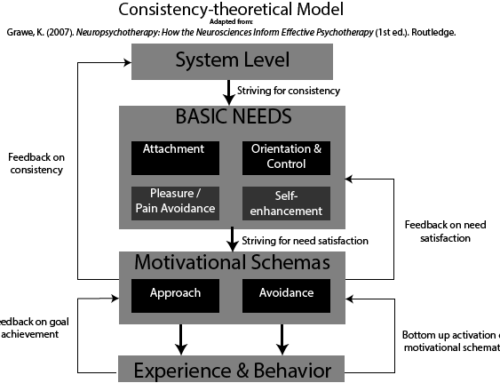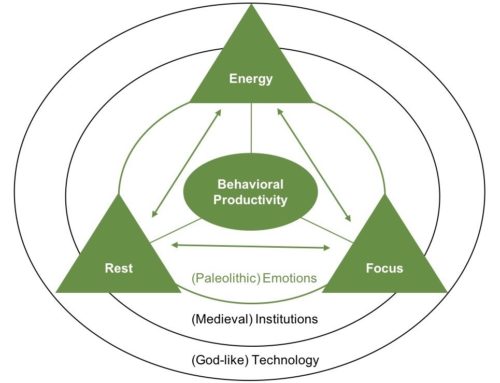Welcome to the new blog!
I am in the process of transitioning my old website to here and so this is the first post of what will I hope be my professional home for the next 20 years or so. I am still in set up mode, so apologies for the messy site.
Today I was thinking about the concern around the Corona Virus and the impact it has having. There is reasonable reason for concern due to the impact on our health, employment and so on, but at the same time I think it may go too far.
The issues we are facing made me think about the role of Mark Rylance who plays the captured Russian spy “Rudolf Abel” in the film “Bridge of Spies”,. Throughout the film he seems very nonchalant about his impending death sentence and his lawyer, play by Tom Hanks asks him several times “Are you not concerned/“ to which he replies “Would it help?”
Fundamentally here, Rudolf Abel is recognising that he has no control over the outcome of his pending court case and so choses not to be concerned about it and focus his energies elsewhere.
Two concepts that I use regularly in my leadership development and coaching work connect really well to this issue of where we spend our mental energy:
Circle of control
The first of these is attributed to the great author Stephen Covey, and comes from his book, “The Seven Habits of Highly Effective People. This book is divided into a series of chapters around different habits of highly effective people, the first of those is being proactive.
The concept is the circle of concern and influence, and this concept has had a significant impact on me, since I bought the book back in 1994.
The circle or area of concern is where people spend their time worrying about things they cannot in fact address or change. Some of the common things people worry about are things like the future, physical health, personal finances, the environment, career choices. Of course all of these things are important, but rather than worrying about them, you can choose to do something about them, even if the steps you take are small.
Worrying about these and other important issues, is a choice and it’s about really looking at should I be proactive or continue to be reactive. So rather than worrying about issues or conditions over which we have little or no control, the more proactive people, tend to focus more of their time and energy on things they can influence more and certainly on things they can control.
I think it’s about mind-set, it is about recognising that you have choices on how you spend your time and mental energy and also the where you choose to focus.
ABCDE Model
The ABCDE Model is a simple mnemonic developed by Albert Ellis in the field of rational-emotive behaviour therapy, that helps people mentally work through a reflection process to consider if they want or need to change their thinking and therefore their behaviour around some emotions.
ABCDE Model
A = Activating event
B = Belief system
C = Emotional Consequences of A and B
D = Disputing irrational thoughts and beliefs.
E = Cognitive and Emotional effects of “updated” beliefs
ABCDE Model explored
A – The activating event or adversity that causes the stress, worry or change in emotion. This could be from something trivial to something significant. Recognition is the first step on many change processes and the same in this process. Example: a person presenting in public
B – The belief system which is the cognitive component in the person’s reaction to the events. Often they are limiting beliefs or negative “self talk”. The capacity to recognise the activating event and therefore change the mental “self talk” becomes a crucial part of the change. Example: The mental self talk of the person is “I am really bad at presenting, this presentation will go really badly”
C – The consequences from an emotional perspective is often repetitive and can create self-fulfilling prophecies. Example: the presenters nervousness in the presentation creates a poor flow and rapport with the public which makes the presenter even more nervous.
D – Disputation or challenge the irrational or limiting beliefs is required for mental change to take place. Reviewing, challenging and eschewing the current beliefs sets the person up for future success.
When looking at the D section there are three key kinds of disputes that can be used:
- Empirical / Scientific dispute – Where is the proof or basis for the belief / feelings / thought pattern
- Functional dispute – Is the belief supporting some other, potentially unconscious goals?
- Logical dispute – Does the belief system make common sense? Is there any generalisation or other thought pattern influencing these beliefs?
Example: The presenter recognises the thought pattern and changes and sees they are not based on truth or logic and adapts over the time to a view of believing that they can do a decent presentation.
E – Effect of challenging the self-defeating belief system. Psychologists often this cognitive restructuring, as new mental patterns and habits are created. Example: Presenter gains more confidence as presentations become more fluid and gets more positive feedback, this in turn improves their self belief and creates a positive cycle of change.
Wrap up
So as you read and reflect on this article consider the following questions in relation to the issue you are concerned about:
- How are you feeling about the issue you are facing?
- Does the issues fall in your sphere of influence or control?
- How do your feelings really help?
- How could you use ABCDE to shift your feelings / thinkings?
I would love your feedback and thoughts, please feel to reach out directly or reply below:






Leave A Comment